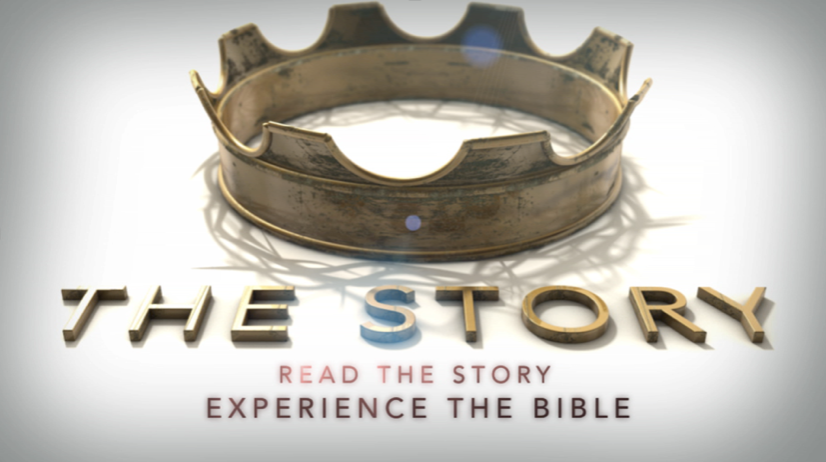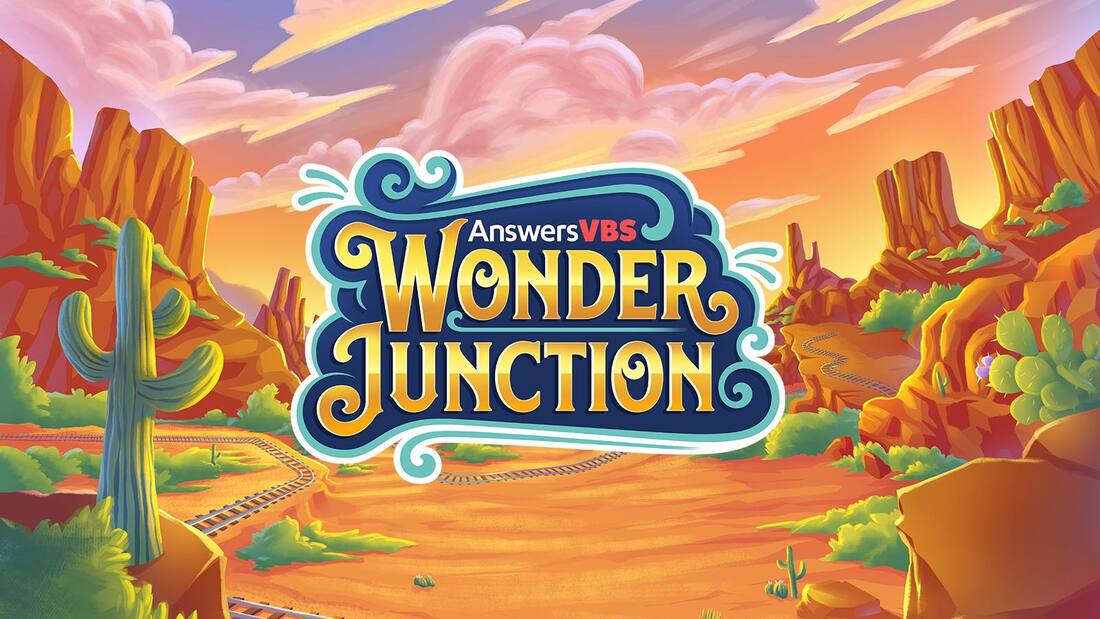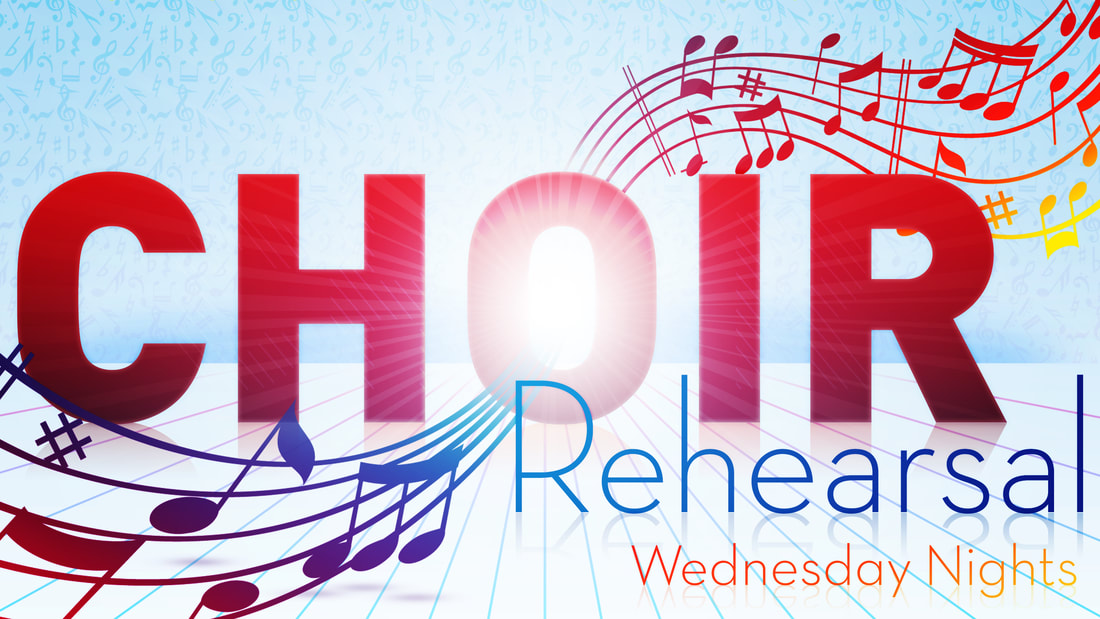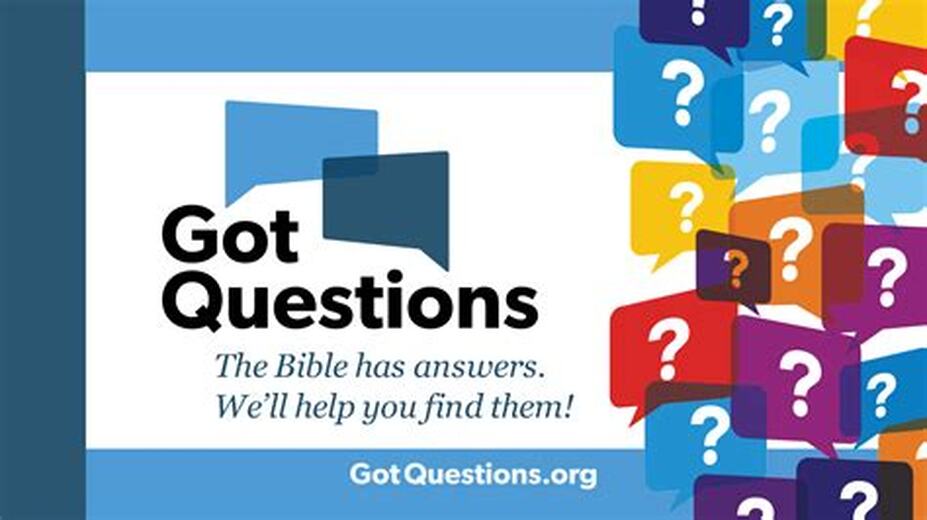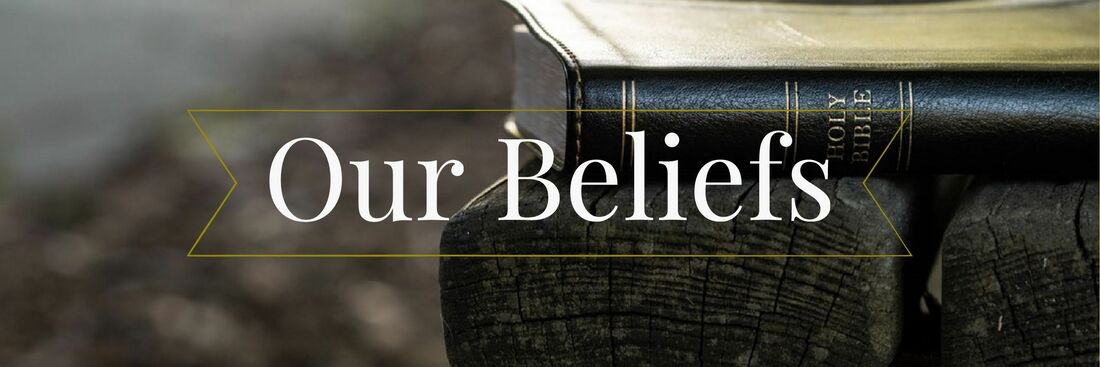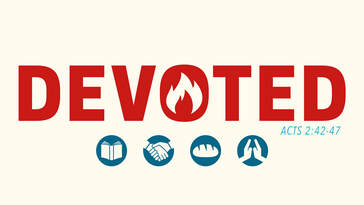Sunday Morning Series @ 10:30 am
Series Big Idea: God goes to great lengths to rescue lost and hurting people. This is the essence of the Bible—God's grand love affair with humanity. Join us in a remarkable adventure to explore the story from beginning to end. By experiencing the Bible cover to cover, we learn how every bit of intrigue, drama, conflict, romance, and redemption are orchestrated into the master storyteller’s plan—and this story’s true! Best of all, your own story beautifully fits into the broader story of God’s love and plan for his people.
What is The Story? “The Story is an abridged, chronological Bible that reads like a novel. There are no verse references, and Scripture segments are seamlessly woven together with transition text into a single grand narrative. For those intimidated or overwhelmed by the unabridged Bible, The Story helps people understand God’s Word more fully and engage with it more easily. Please note, this does not replace your Bible!
“Simple, accessible, and easy to use, The Story is a powerful way to engage our people in Bible reading like never before. As The Story brings the Bible to life, the broad scope of God’s message will penetrate hearts. People of all ages will be swept up in the story of God’s love and God’s plan for their lives.”
As with any story, there’s a beginning, middle and end. And God wants us to know where we are in His story timeline. His Kingdom is fast approaching, so invite and share with confidence the King is coming back!
What is The Story? “The Story is an abridged, chronological Bible that reads like a novel. There are no verse references, and Scripture segments are seamlessly woven together with transition text into a single grand narrative. For those intimidated or overwhelmed by the unabridged Bible, The Story helps people understand God’s Word more fully and engage with it more easily. Please note, this does not replace your Bible!
“Simple, accessible, and easy to use, The Story is a powerful way to engage our people in Bible reading like never before. As The Story brings the Bible to life, the broad scope of God’s message will penetrate hearts. People of all ages will be swept up in the story of God’s love and God’s plan for their lives.”
As with any story, there’s a beginning, middle and end. And God wants us to know where we are in His story timeline. His Kingdom is fast approaching, so invite and share with confidence the King is coming back!
SAVE THE DATE: SUN JUNE 22 - WED JUNE 25
Times: 5:30 pm - 8:00 pm
REGISTER ONLINE TODAY by clicking the picture below.
IT’S ALL ABOUT JESUS AND THE CALL FOR KIDS TO LIVE FOR HIS GLORY.
Howdy there, partner! You ready for a grand ol’ time next summer, discovering the wonder of Jesus? If so, grab yer stirrups and lasso and hightail it out west to Wonder Junction where kids will marvel at Jesus and learn that we live for his glory.
As you may’ve guessed, Wonder Junction is an Old West themed VBS adventure that will teach kids about who Jesus is as they marvel at his birth, his childhood, his ministry, his death and resurrection, and his coming return. It’s all about Jesus and the call for kids to live for his glory.
Kids will find answers to the questions:
As you may’ve guessed, Wonder Junction is an Old West themed VBS adventure that will teach kids about who Jesus is as they marvel at his birth, his childhood, his ministry, his death and resurrection, and his coming return. It’s all about Jesus and the call for kids to live for his glory.
Kids will find answers to the questions:
- What amazing events surrounded the King’s birth?
- Was there ever a person born who was more important than Jesus?
- What was Jesus like as a child?
- Is Jesus God or man—or both?
- What astonishing things occurred during Jesus’ ministry and how much power does he have?
- How was Jesus’ death and resurrection like no other?
- Could Jesus experience pain and sadness?
- What should we be doing while we wait for the King to return?
- Is Jesus going to be a man forever?
CHOIR REHEARSAL
Rehearsals on Wednesday Evenings 7:15 pm & Sunday Mornings 10:00 am
Psalm 98:4
"Shout joyfully to the Lord, all the earth;
Break forth in song, rejoice, and sing praises."
Wednesday's we meet at 6:30 pm in The Library & Coffee Room
What are the essentials of the gospel message?
The word gospel means “good news,” which is the message of forgiveness for sin through the atoning work of Jesus Christ. It is essentially God’s rescue plan of redemption for those who will trust in His divine Son in order to be reconciled to a just and holy God. The essential content of this saving message is clearly laid out for us in the Bible.
In the apostle Paul’s first letter to the Corinthians, he lays out the content of the gospel message, “Now, brothers and sisters, I want to remind you of the gospel I preached to you, which you received and on which you have taken your stand. By this gospel you are saved, if you hold firmly to the word I preached to you. Otherwise, you have believed in vain. For what I received I passed on to you as of first importance: that Christ died for our sins according to the Scriptures, that he was buried, that he was raised on the third day according to the Scriptures” (1 Corinthians 15:1–4).
In this passage, we see three essential elements of the gospel message. First, the phrase “died for our sins” is very important. As Romans 3:23 tells us, “For all have sinned and fall short of the glory of God.” The reality of sin needs to be acknowledged by all who approach the throne of God for salvation. A sinner must acknowledge the hopelessness of his guilt before God in order for forgiveness to take place, and he must understand that the “wages of sin is death” (Romans 6:23). Without this foundational truth, no gospel presentation is complete.
Second, the person and work of Christ are indispensable components of the gospel. Jesus is both God (Colossians 2:9) and man (John 1:14). Jesus lived the sinless life that we could never live (1 Peter 2:22), and, because of that, He is the only one who could die a substitutionary death for the sinner. Sin against an infinite God requires an infinite sacrifice. Therefore, either man, who is finite, must pay the penalty for an infinite length of time in hell, or the infinite Christ must pay for it once. Jesus went to the cross to pay the debt we owe to God for our sin, and those who are covered by His sacrifice will inherit the kingdom of God as children of the king (John 1:12).
Third, the resurrection of Christ is an essential element of the gospel. The resurrection is the proof of the power of God. Only He who created life can resurrect it after death, only He can reverse the hideousness that is death itself, and only He can remove the sting that is death and the victory that is the grave’s (1 Corinthians 15:54–55). Further, unlike all other religions, Christianity alone possesses a Founder who transcends death and who promises that His followers will do the same. All other religions were founded by men and prophets whose end was the grave.
Finally, Christ offers His salvation as a free gift (Romans 5:15; 6:23), that can only be received by faith, apart from any works or merit on our part (Ephesians 2:8–9). As the apostle Paul tells us, the gospel is “the power of God that brings salvation to everyone who believes: first to the Jew, then to the Gentile” (Romans 1:16). The same inspired author tells us, “If you declare with your mouth, ‘Jesus is Lord,’ and believe in your heart that God raised him from the dead, you will be saved” (Romans 10:9).
These, then, are the essential elements of the gospel: the sin of all men, the death of Christ on the cross to pay for those sins, the resurrection of Christ to provide life everlasting for those who follow Him, and the offer of the free gift of salvation to all.
The word gospel means “good news,” which is the message of forgiveness for sin through the atoning work of Jesus Christ. It is essentially God’s rescue plan of redemption for those who will trust in His divine Son in order to be reconciled to a just and holy God. The essential content of this saving message is clearly laid out for us in the Bible.
In the apostle Paul’s first letter to the Corinthians, he lays out the content of the gospel message, “Now, brothers and sisters, I want to remind you of the gospel I preached to you, which you received and on which you have taken your stand. By this gospel you are saved, if you hold firmly to the word I preached to you. Otherwise, you have believed in vain. For what I received I passed on to you as of first importance: that Christ died for our sins according to the Scriptures, that he was buried, that he was raised on the third day according to the Scriptures” (1 Corinthians 15:1–4).
In this passage, we see three essential elements of the gospel message. First, the phrase “died for our sins” is very important. As Romans 3:23 tells us, “For all have sinned and fall short of the glory of God.” The reality of sin needs to be acknowledged by all who approach the throne of God for salvation. A sinner must acknowledge the hopelessness of his guilt before God in order for forgiveness to take place, and he must understand that the “wages of sin is death” (Romans 6:23). Without this foundational truth, no gospel presentation is complete.
Second, the person and work of Christ are indispensable components of the gospel. Jesus is both God (Colossians 2:9) and man (John 1:14). Jesus lived the sinless life that we could never live (1 Peter 2:22), and, because of that, He is the only one who could die a substitutionary death for the sinner. Sin against an infinite God requires an infinite sacrifice. Therefore, either man, who is finite, must pay the penalty for an infinite length of time in hell, or the infinite Christ must pay for it once. Jesus went to the cross to pay the debt we owe to God for our sin, and those who are covered by His sacrifice will inherit the kingdom of God as children of the king (John 1:12).
Third, the resurrection of Christ is an essential element of the gospel. The resurrection is the proof of the power of God. Only He who created life can resurrect it after death, only He can reverse the hideousness that is death itself, and only He can remove the sting that is death and the victory that is the grave’s (1 Corinthians 15:54–55). Further, unlike all other religions, Christianity alone possesses a Founder who transcends death and who promises that His followers will do the same. All other religions were founded by men and prophets whose end was the grave.
Finally, Christ offers His salvation as a free gift (Romans 5:15; 6:23), that can only be received by faith, apart from any works or merit on our part (Ephesians 2:8–9). As the apostle Paul tells us, the gospel is “the power of God that brings salvation to everyone who believes: first to the Jew, then to the Gentile” (Romans 1:16). The same inspired author tells us, “If you declare with your mouth, ‘Jesus is Lord,’ and believe in your heart that God raised him from the dead, you will be saved” (Romans 10:9).
These, then, are the essential elements of the gospel: the sin of all men, the death of Christ on the cross to pay for those sins, the resurrection of Christ to provide life everlasting for those who follow Him, and the offer of the free gift of salvation to all.
|
Then those who gladly received his word were baptized; and that day about three thousand souls were added to them. And they continued steadfastly in the apostles’ doctrine and fellowship, in the breaking of bread, and in prayers. Then fear came upon every soul, and many wonders and signs were done through the apostles. Now all who believed were together, and had all things in common, and sold their possessions and goods, and divided them among all, as anyone had need. So continuing daily with one accord in the temple, and breaking bread from house to house, they ate their food with gladness and simplicity of heart, praising God and having favor with all the people. And the Lord added to the church daily those who were being saved.
Acts 2:41-47 Check us out on Facebook! |
Would you like a church bulletin?Click sign up to request a weekly church bulletin by email.
|
|
|
|
